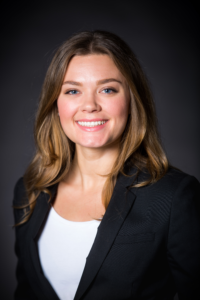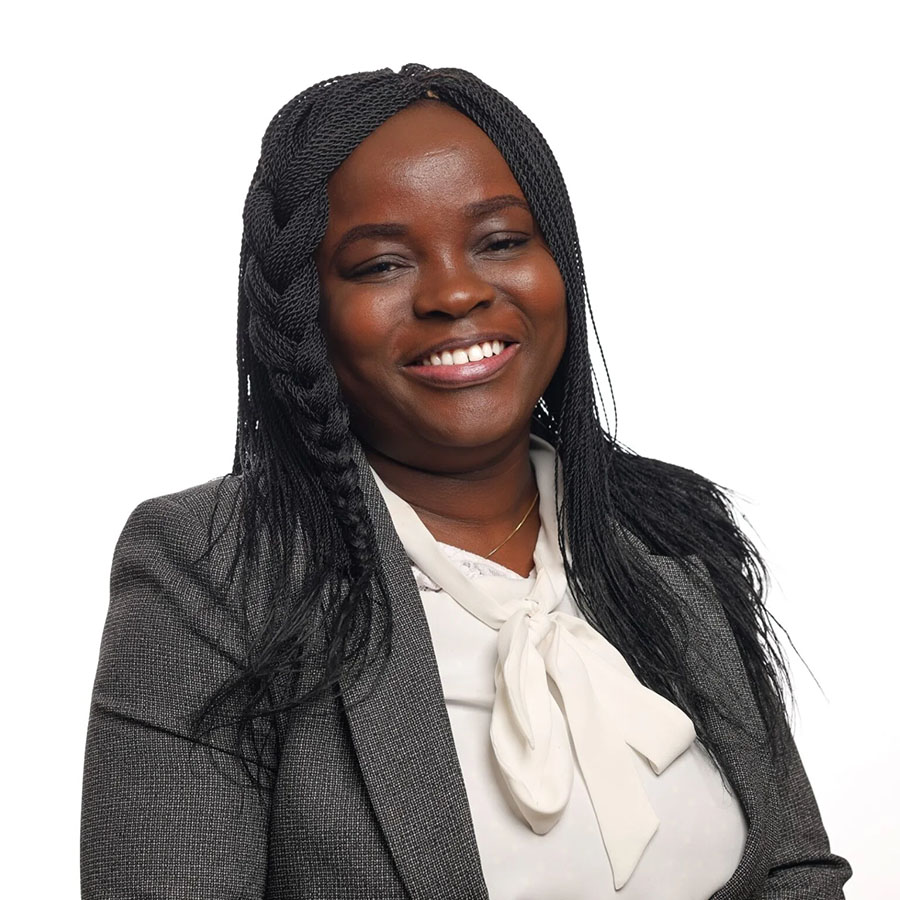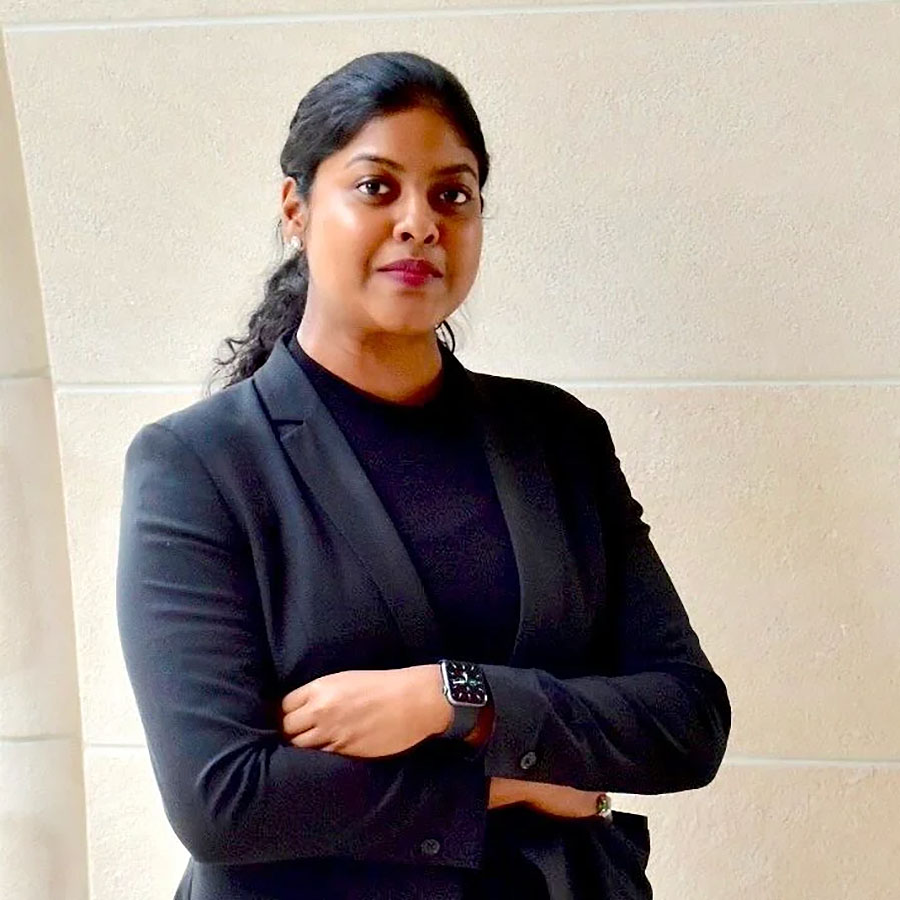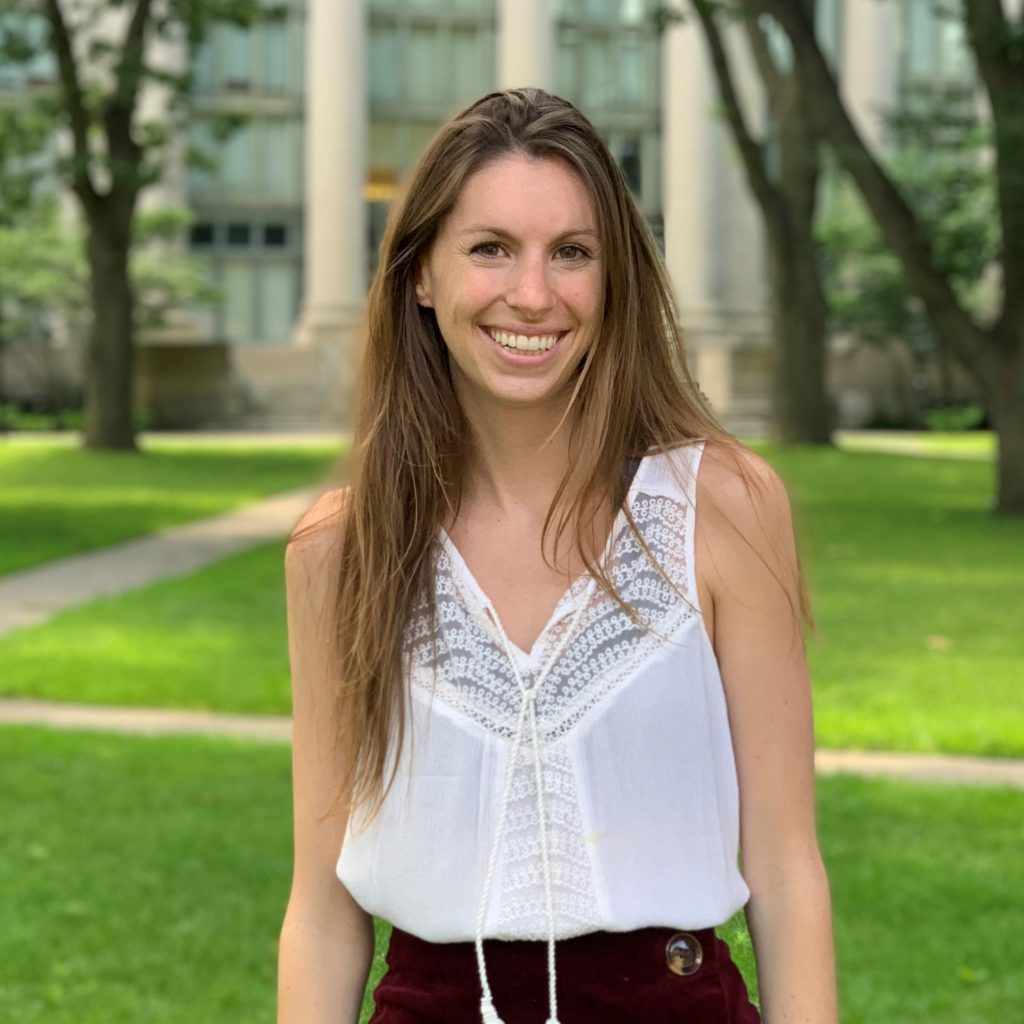This is the third blog is a new series called “From the Field”. In this series we spotlight stories and insights from former students, friends, and colleagues who are working in the field of dispute resolution.
by Matilda Jansen Brolin LLM ’16
 A year after graduating from Harvard Law School (HLS) with an LL.M in 2016, I joined the Swedish Ministry for Foreign Affairs and began the Diplomatic Training Program as a young career diplomat. From the application process to what I do at present, I’ve put the pedagogical skills in alternative dispute resolution—developed at HLS through the Negotiation Workshop, courses in mediation and Dispute Systems Design, and in the Harvard Negotiation and Mediation Clinical Program (HNMCP) and the Harvard Mediation Program (HMP)—into practice.
A year after graduating from Harvard Law School (HLS) with an LL.M in 2016, I joined the Swedish Ministry for Foreign Affairs and began the Diplomatic Training Program as a young career diplomat. From the application process to what I do at present, I’ve put the pedagogical skills in alternative dispute resolution—developed at HLS through the Negotiation Workshop, courses in mediation and Dispute Systems Design, and in the Harvard Negotiation and Mediation Clinical Program (HNMCP) and the Harvard Mediation Program (HMP)—into practice.
The Swedish Foreign Service greatly values negotiation, mediation, and facilitation skills in the people it admits to the Diplomatic Training Program. The assessment of candidates includes a group exercise where participants must agree amongst each other on how to solve a set of problems for a fictitious company and together present the solutions to a CEO, all under severe time constraint. In my case, the many individual interviews ended up largely focusing on my experience as mediator with HMP and the clinical project I did through HNMCP to create and deliver negotiation training in the Democratic Republic of the Congo for the Mennonite Central Committee and its in-country partner, Programme Paix et Réconciliation.
During the first year of the Diplomatic Training Program, I spend about a third of my time in various forms of training. The rest I spend on my first posting as a lawyer in the Protocol Department. As such, I handle legal issues relating to foreign missions and diplomats, as well as international organizations and their staff, in Sweden. The position requires me to use the full breadth of the skills I learned at HLS. The issues are often sensitive and the bilateral relationship between Sweden and the country concerned may be affected. My workday regularly involves facilitating and aiding in the resolution of such issues. Language barriers and different backgrounds when it comes to culture and public governance require me to actively listen and put myself in the other’s shoes. Similarly, I must frame my message in a way that is understandable and acknowledging of the other’s concerns, and that is in line with Swedish norms and values. For example, the fact that the Government is prohibited under the Constitution from intervening in an individual matter of a public agency is not always an easy message.
The Diplomatic Training Program itself involves a vast array of foreign policy topics as well as skills development. I was pleased to see that negotiation was a significant part of it. Because of my HLS background, I was invited to deliver a short presentation on interest-based negotiation for the others in the Program. Most of them had never heard of the concept, but seemed convinced after some helpful exercises. The example of the negotiations between Egypt and Israel over Sinai proved particularly helpful, highlighting the importance of going past positions (territorial claim over the peninsula) and instead focusing interests (inter alia sovereignty for Egypt and security for Israel), which in that case resulted in a successful agreement on a demilitarized zone. Most participants were concerned about how to handle counterparties that are more powerful, aggressive or unwilling to engage in interest-based negotiation. Getting tools and tricks for how to refrain from falling into the same destructive pattern and instead steer the negotiation process towards a more constructive path, helped convince them.
The Diplomatic Training Program ensured that all participants received a copy of Getting to Yes, helping them to reflect on the various negotiation situations we face in our work. In addition, we participated in a three-day workshop on multi-party negotiation with the Norwegian diplomatic training program. In one of the exercises, which was set in the format of ILO negotiations, I ended up as the chairperson. It proved very difficult to handle some 20 parties, which, to various degrees, tried to obstruct the process. The experience made it all so clear to me that I have still a lot to learn in this field.
We were also given the opportunity to have senior Swedish diplomats share some of their negotiation experiences. Their stories, which often included examples of harsh positional bargaining, confirmed my belief in the added value of an interest-based approach to international negotiations. Many highly tense situations could likely be avoided or resolved by getting beyond official national positions, by using more acknowledgement and less advocacy, and making an effort to understand the other’s perspective.
Although applying negotiation skills in practice is not always easy, the foundation that I received through HLS is invaluable and will always be my point of reference. With that foundation I feel that I constantly develop, not least because I have the theory and vocabulary to assess my actions, understand others’ actions and pinpoint what I can do better next time.
The Foreign Service highly values negotiation skills and offers many opportunities to apply them in my daily work. And there remains great potential for further spreading and developing negotiation theory and skills within the Foreign Service at large. Additional negotiation training for diplomats at all levels, perhaps inviting HNMCP to share its methods, would be a great start. It would be truly amazing to, at some point in my career, hold a key negotiation position at the United Nations or in the EU and be able to report back to the new young diplomats my own stories of successful interest-based negotiation. Beyond that, trying to apply negotiation skills in practice is always a great deal of fun.








